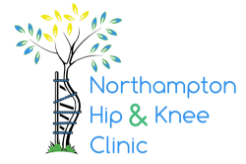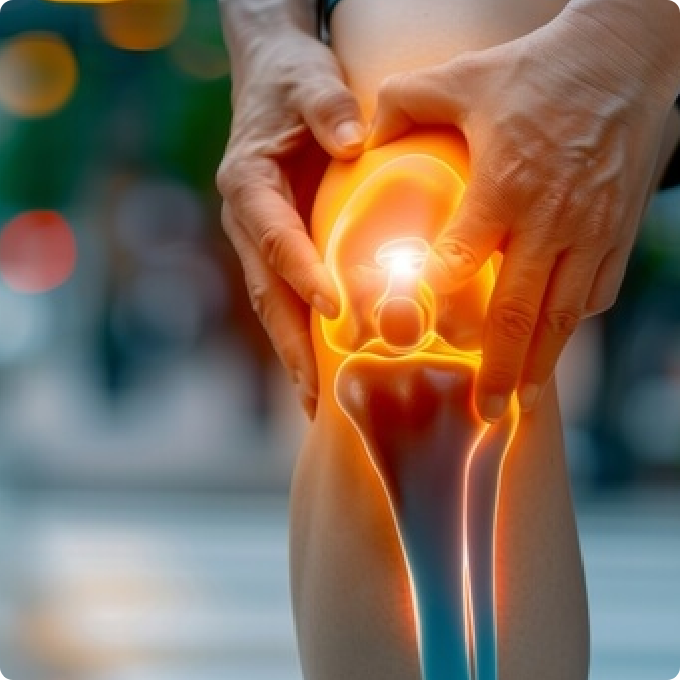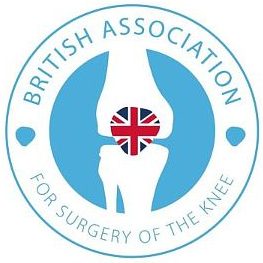Bone Health and Hormones: The Impact of Menopause and Male Aging
Bone health is critical at every age, but as we grow older, hormonal changes, lifestyle, and diet can significantly affect bone density and strength. While many are aware of the impact of menopause on women’s bone health, men are also susceptible to age-related bone density loss. This article will explore how menopause affects women’s bones, the unique challenges to bone health faced by men as they age, and strategies for maintaining strong bones for a healthier future.
Menopause and Bone Health in Women
Menopause, usually occurring between ages 45 and 55, is a time when a woman’s estrogen levels decrease significantly. Estrogen plays an essential role in maintaining bone density, which is why post-menopausal women experience an accelerated loss of bone density, increasing their risk of osteoporosis and fractures. Here are some factors related to bone health and menopause:
- Rapid Bone Loss Post-Menopause
In the years following menopause, women can lose up to 20% of their bone density. This is due to decreased estrogen levels, which leads to increased activity of osteoclasts—cells that break down bone tissue—resulting in weakened bones. - Increased Risk of Osteoporosis
Osteoporosis, a condition where bones become fragile and prone to fractures, is more common in women post-menopause. The spine, hips, and wrists are particularly vulnerable, and fractures in these areas can impact mobility and quality of life. - Managing Bone Health Post-Menopause
- Nutrition: Calcium and vitamin D are essential for bone health. Foods like dairy products, leafy greens, and fortified foods can help maintain bone density.
- Weight-Bearing Exercises: Activities like walking, dancing, and resistance training stimulate bone growth.
- Medications and Supplements: Some women may benefit from medications or hormone replacement therapy (HRT) to help slow bone loss, though HRT requires careful consideration with a healthcare provider.
- Routine Screenings: A bone density test (DEXA scan) can help assess bone health, enabling early intervention if needed.
Men’s Health and Bone Aging
Although men don’t experience menopause, they still face challenges with bone health as they age. Around age 50, men start to experience a gradual decline in testosterone, which can affect muscle and bone strength. Here are key factors in men’s bone health:
- Age-Related Bone Loss
Bone density in men declines more slowly than in women, but by the time they reach their 70s, men and women experience similar rates of bone loss, putting men at risk of fractures and osteoporosis. - Lower Testosterone Levels
Testosterone plays a role in bone density. As men age and testosterone levels decrease, bones can become weaker. This can be compounded by lifestyle factors, such as smoking, alcohol use, and sedentary habits. - Bone Health Strategies for Men
- Strength Training: Weightlifting and resistance exercises are crucial for men to maintain muscle mass and support bone health.
- Healthy Diet: Adequate calcium and vitamin D intake is essential for men as well, with foods like dairy, fish, and leafy greens supporting bone health.
- Testosterone Therapy: Some men with low testosterone may benefit from therapy, but this is a personal decision to be discussed with a healthcare provider.
- Preventing Fractures
Falls are a leading cause of fractures in older men. Balance exercises, a fall-proof home environment, and regular eye exams can all contribute to fracture prevention.
Bone Health Recommendations for Both Men and Women
Lifestyle Choices
Maintaining a healthy lifestyle is crucial for both men and women to ensure strong bones throughout life. Smoking cessation, limited alcohol intake, and a balanced diet rich in essential vitamins and minerals can go a long way in supporting bone health.
Exercise
A combination of weight-bearing and muscle-strengthening exercises can help both men and women improve bone density and muscle mass, reducing the risk of fractures and osteoporosis.
Regular Screening
Bone density scans are recommended for women over 65 and men over 70, or sooner for those at higher risk. Early diagnosis allows for preventive measures to be taken to avoid bone loss progression.
Final Thoughts
Menopause and male aging each present unique challenges to bone health, but proactive lifestyle changes, regular screenings, and medical interventions can significantly mitigate these risks. Taking care of your bones is an investment in your long-term health and mobility, supporting an active, fulfilling life at every age. Whether you’re a woman approaching menopause or a man concerned about age-related bone loss, focusing on bone health now can help you build a stronger, healthier future.















